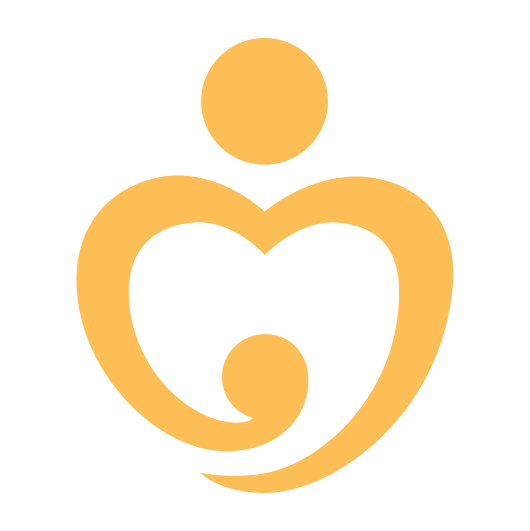
Q3 Report
〰️
Jul - Sept 2022
〰️
Q3 Report 〰️ Jul - Sept 2022 〰️
Dear One Heart Friends,
It has been an eventful third quarter for us at One Heart Worldwide. We are so excited to report an increase in program cost-sharing at the provincial level this quarter, with significant funding committed for a maternity ward at the district hospital in Udayapur. This is an exciting development not only because it is a positive indicator for future cost-sharing opportunities as a whole (thereby increasing program sustainability and local commitment), but because this level of cost-sharing is unprecedented at the provincial level. Prior to this year, almost all of our cost-sharing was done at the municipal level, and our partnership with the provincial government was still uncertain. As the Provinces continue to define their role and we continue to grow our working relationship with them, we look forward to exploring and expanding more cost-sharing opportunities with the other Provinces where we work.
We invite you to read more about our progress this quarter and hope you enjoy our updates.
Sincerely,
The One Heart team
Program highlights
-
The Ministry of Health from Province 1 has approached One Heart to team up on the construction and set up of a dedicated maternity ward in Udayapur District Hospital. The hospital is the largest government health facility in Udayapur District and currently serves nearly 8,000 mothers and newborns per year. The project will be implemented in partnership and with joint financial support from the Provincial Government of Nepal, who have already allocated 10M Nepali Rupees in funding towards the project. Implementation is expected to last 12 months and will include the construction of the maternity ward, provision of essential medical equipment and supplies, and staff training. This is an exciting development, as it indicates opportunities to work with and expand cost-sharing from the new provincial-level government.
-
As a part of our COVID response, One Heart teamed up with Direct Relief to support the Government of Nepal’s COVID vaccination capacity and build a facility able to appropriately store COVID vaccines. Access to COVID vaccines is particularly important to protect pregnant women, and in Nepal, this access is hampered by the lack of appropriate available cold storage facilities. As of the end of Q3, about 80% of facility construction has been completed and we have started the purchase process for the freezers and generators necessary to store the vaccines and operate the facility. We expect construction to be finished before the end of the year.
-
Our programs were officially launched this August in the districts of Dolpa, Salyan, and Rukum West in Karnali Province and Rautahat District in Madhesh Province. These districts represent a new and exciting era for One Heart in terms of project implementation approach and geography. With all of the new districts, we will be implementing through our local NGO partners and working collaboratively to implement the Network of Safety. As we continue to expand in the Madhesh Province, we are learning to work in the southernmost region of Nepal where the terrain is mostly plains (thereby less challenging to access, but with a larger population to serve) and sociocultural influences are vastly different.
Moreover, we presented our newly developed policies, procedures, and guidelines to our new district-level NGO partners, in alignment with our 3-year Strategic Plan and our program mandate with the Nepali government. This process helped the local NGO staff have a clear understanding of OHW project activities and OHW expectations, and ensure that our local partners are fully equipped to successfully carry out our programs.
Program Delivery
*In addition to providing supplemental medical equipment/supplies for our general program activities, significant support has been provided this year towards our Simulation Based Mentorship Program and Special Newborn Care Units at district hospitals which has caused us to exceed our annual targets.
CHALLENGES ENCOUNTERED DURING PROGRAM DELIVERY:
Local elections: With municipal elections taking place in the middle of the year, many of the local government’s contracted staff were terminated while new staff were hired, creating a delay in our programs in the transitional period. In addition, during this time, public gatherings were forbidden and many of our team members had to travel to their hometowns to vote.
Changes in our implementation strategy: Because we are now including local NGO partners in our model, our Nepal team has had to spend a significant amount of time setting up the stage for this new implementation strategy, including designing new policies and procedures and ensuring that the new NGO partners were appropriately trained. Due to the time-consuming nature of this work, many activities during this period were put on pause.
Both of these challenges impacted our program delivery. While we fully expect to be able to meet our annual program targets for SBA training by the end of year, we do not expect to achieve our 2022 targets for QoC Support, Health Facility Governance Strengthening, Technical Support for Municipalities and Community Mobilization before the end of Q1 2023.
Research & Development
-
In collaboration with the Family Welfare Division of the Government of Nepal, One Heart designed a Simulation-Based Mentorship Program (SBMP) for rural health providers in Nepal. The SBMP is a hands-on, workstation-based coaching and mentoring program. Local level mentors provide short doses of regular demonstrations and drills provided to rural health providers, which has been proven to increase information and skill retention. This quarter, we successfully ran 76 monthly SBMP sessions (1 in Udayapur, 15 in Dolakha, 39 in Sarlahi and 21 in Myagdi). We also completed midline assessments in Udayapur. Initial results from this assessment revealed statistically significant improvements in health providers’ skills in all 7 themes of the mentoring sessions when compared to baseline results, with a mean percentage of skills increased from 44% at baseline to 88% at midline. Knowledge also increased significantly within 5 of the 7 themes.
-
This evaluation aims to assess how our programs have impacted the lives of women and newborns. Additionally, the evaluation seeks to address questions concerning medium and long-term sustainability, replicability, and areas where the Network of Safety could be adapted or re-imagined to best meet the needs in Nepal and other countries in need. Dartmouth College and SSB completed the second phase of data collection this quarter. Unlike the first phase of data collection which was performed remotely via telephone due to COVID, data was collected in person during this phase. The 2-person research teams traveled to the four districts of Sankhuwasabha, Dhading, Baglung and Pyuthan (the selected study areas) and interviewed mothers, stakeholders and health workers. The teams also performed a readiness assessment of the health facilities within these study areas. The research teams have now returned to Kathmandu and have begun the data analysis process.
-
Earlier this year, One Heart contracted a third-party research agency in Nepal (MITRA SAMAJ) to conduct an endline survey in Dhading. This survey was conducted among women who gave birth within the last 12 months to assess the changes in our program indicators post program completion. Our results show a significant increase in the number of institutional deliveries (53%) and deliveries attended by a skilled provider (36%) between baseline and endline. Our team is currently working with an external researcher at the University of South Florida Morsani College of Medicine to publish these results by the end of the year.
Meet our staff
“I CAN FEEL THE POSITIVE VIBES AMONG THE COMMUNITIES WE ARE SERVING”
- LOK MANI GIRI
As one of the newest staff members of OHW, Lok Mani Giri joined us in August 2022 as the District Coordinator of Rukum West. This is one of our most recent program districts in Karnali Province. An experienced public health professional for the past 10 years, Lok is also a registered Laboratory Technician. He has academic degrees in Public Health from Nepal, and in Global Health from Denmark. Lok is already on the ground in his duty station representing OHW contributing to efforts of local governments to bring quality MNH care to rural communities. He shares his experiences working with OHW.
















